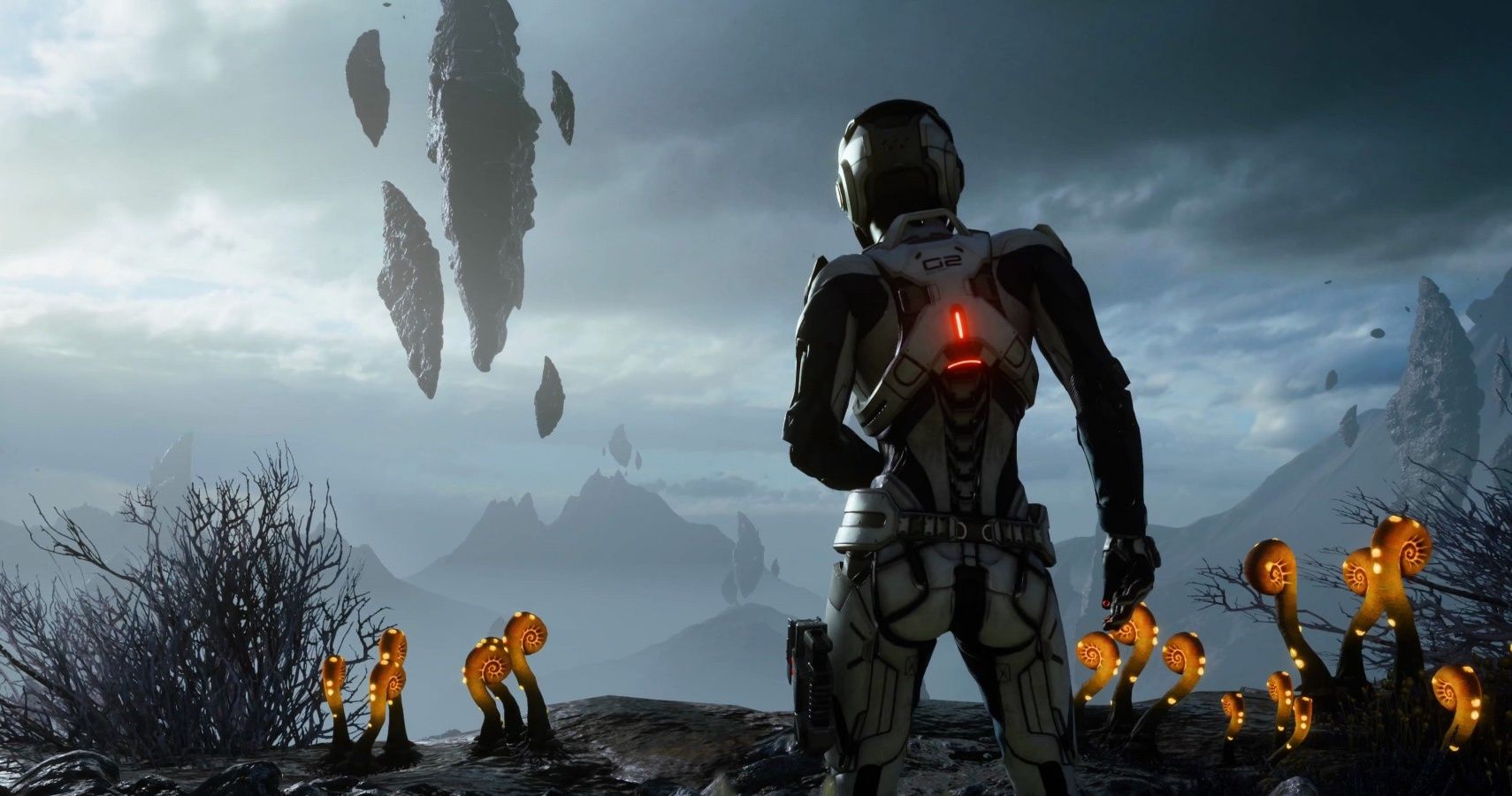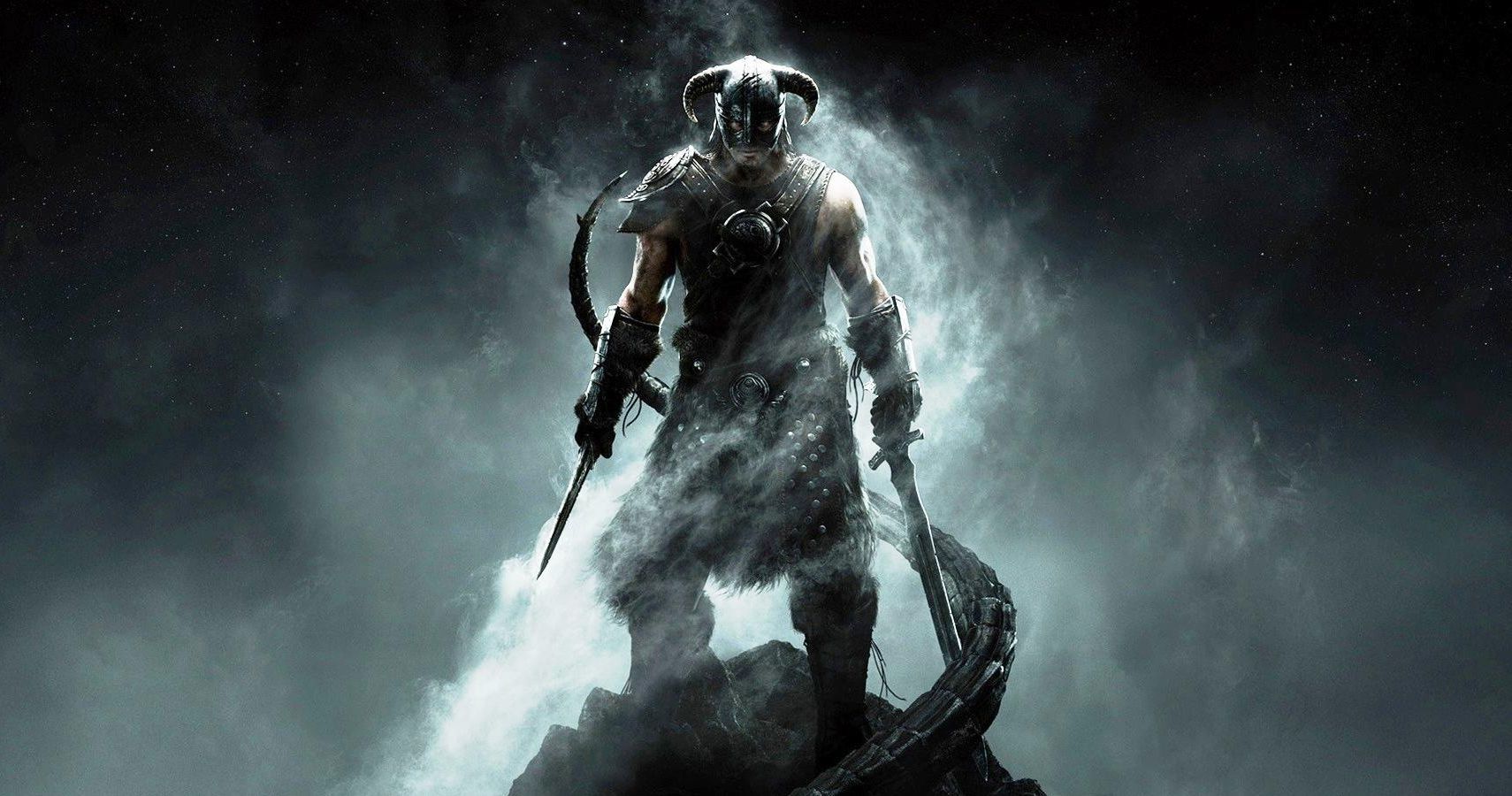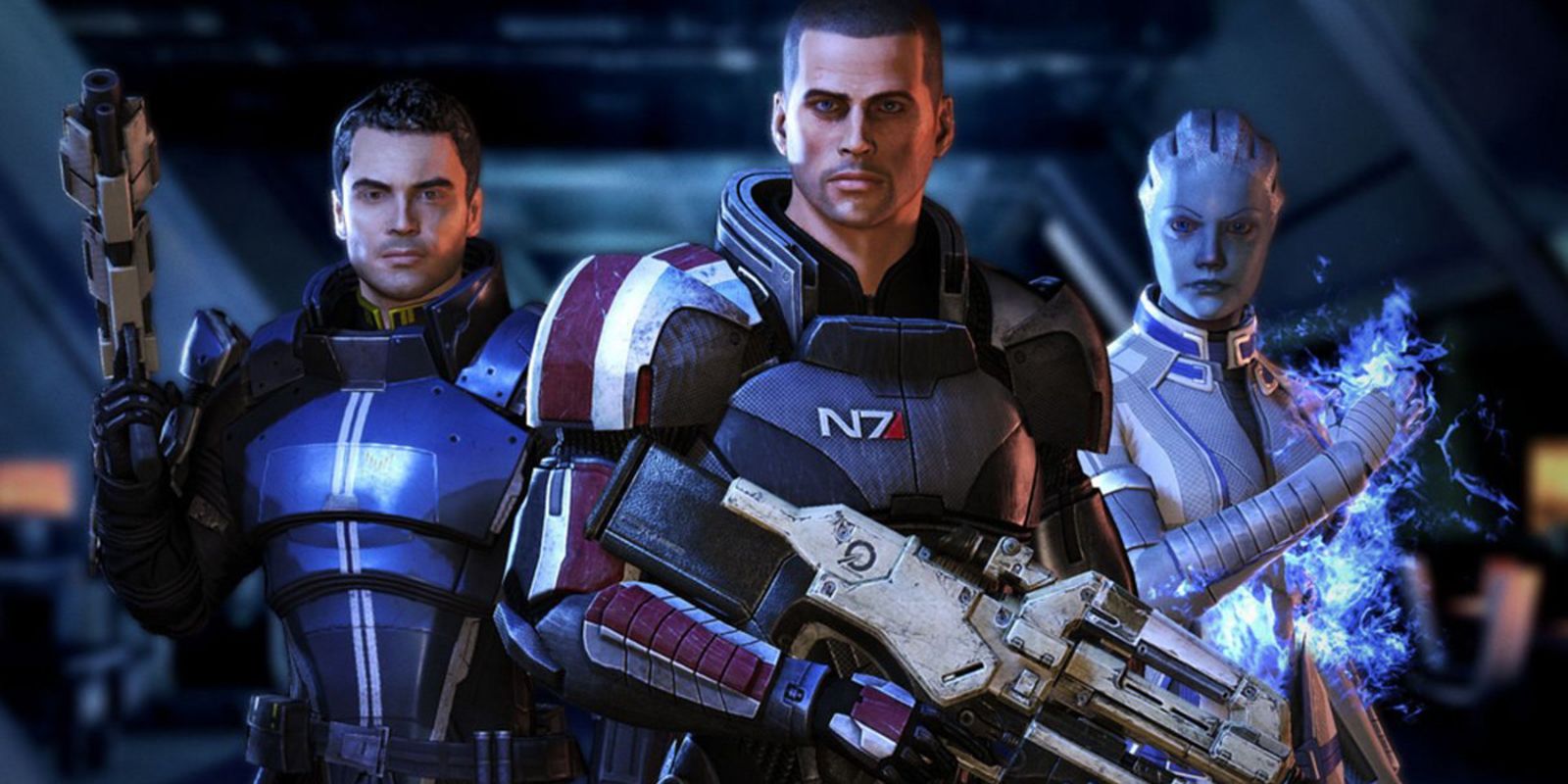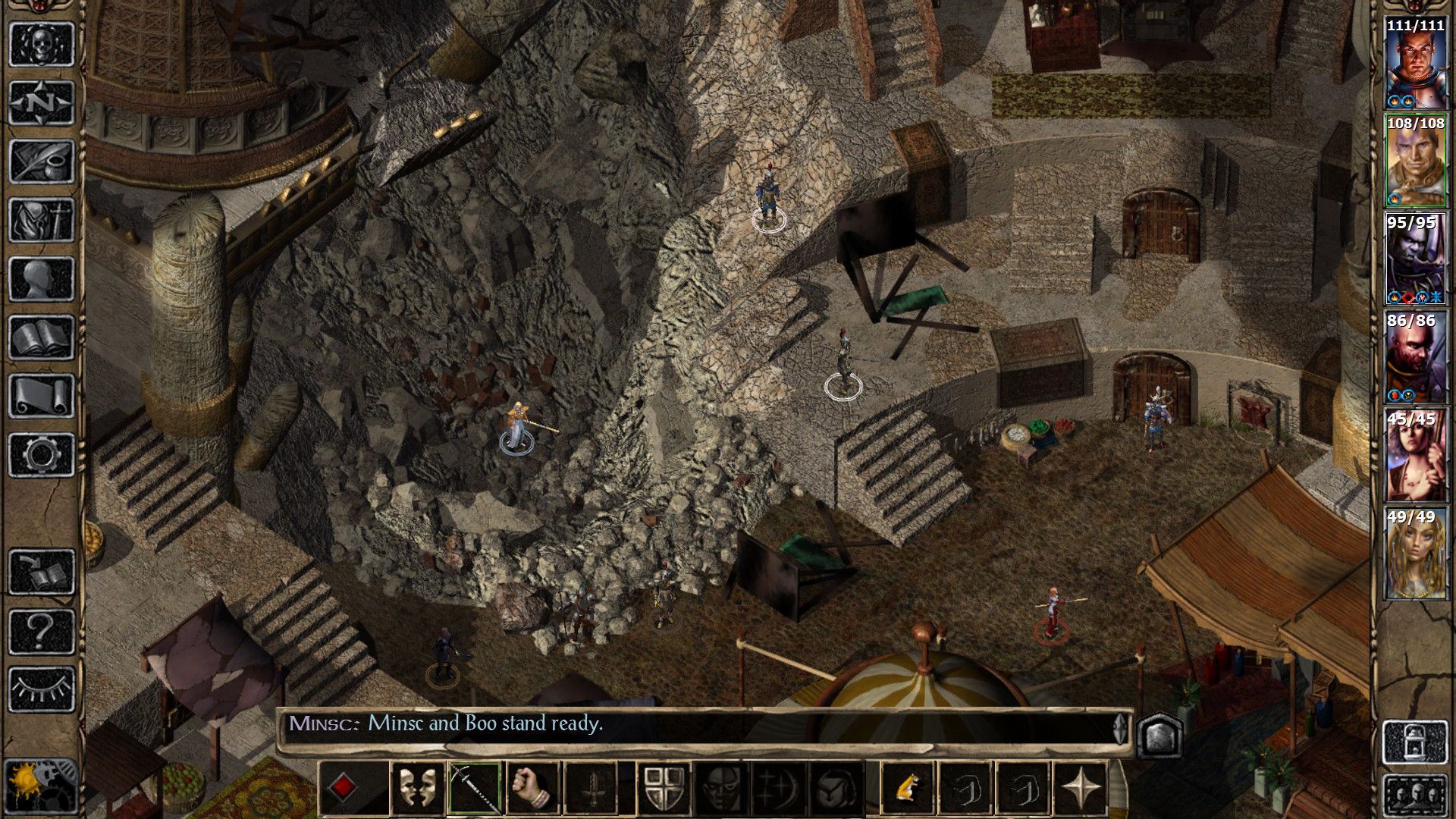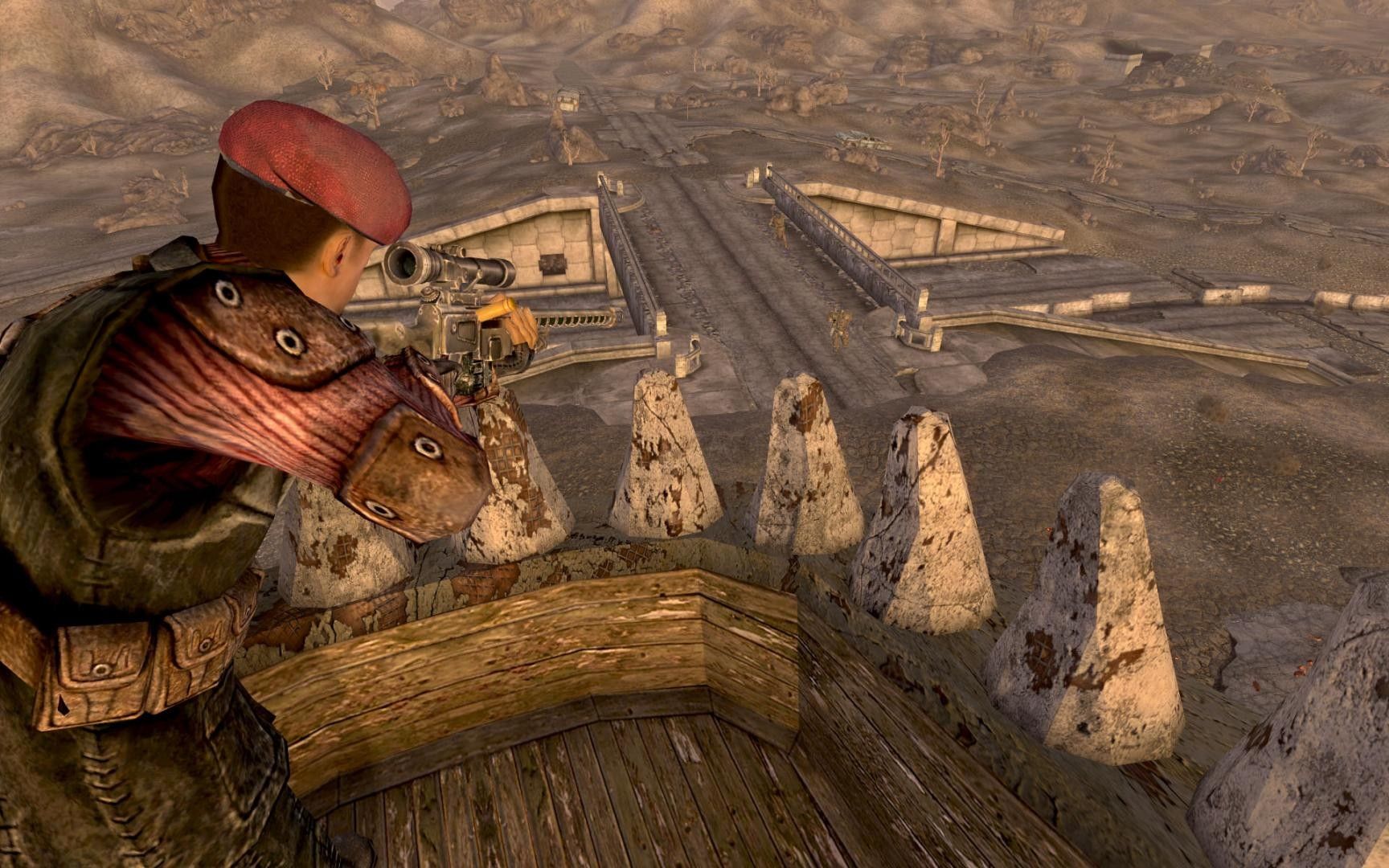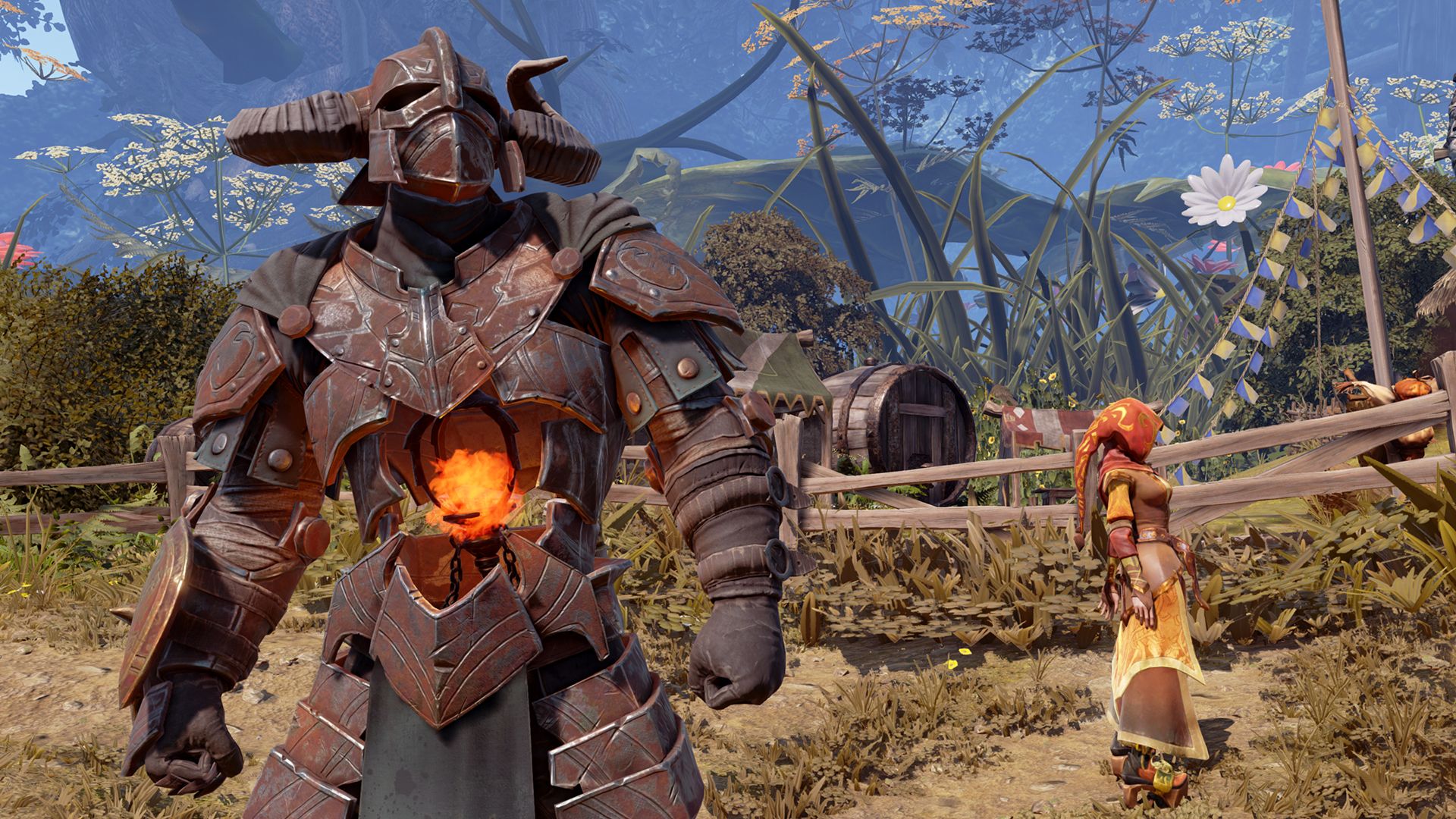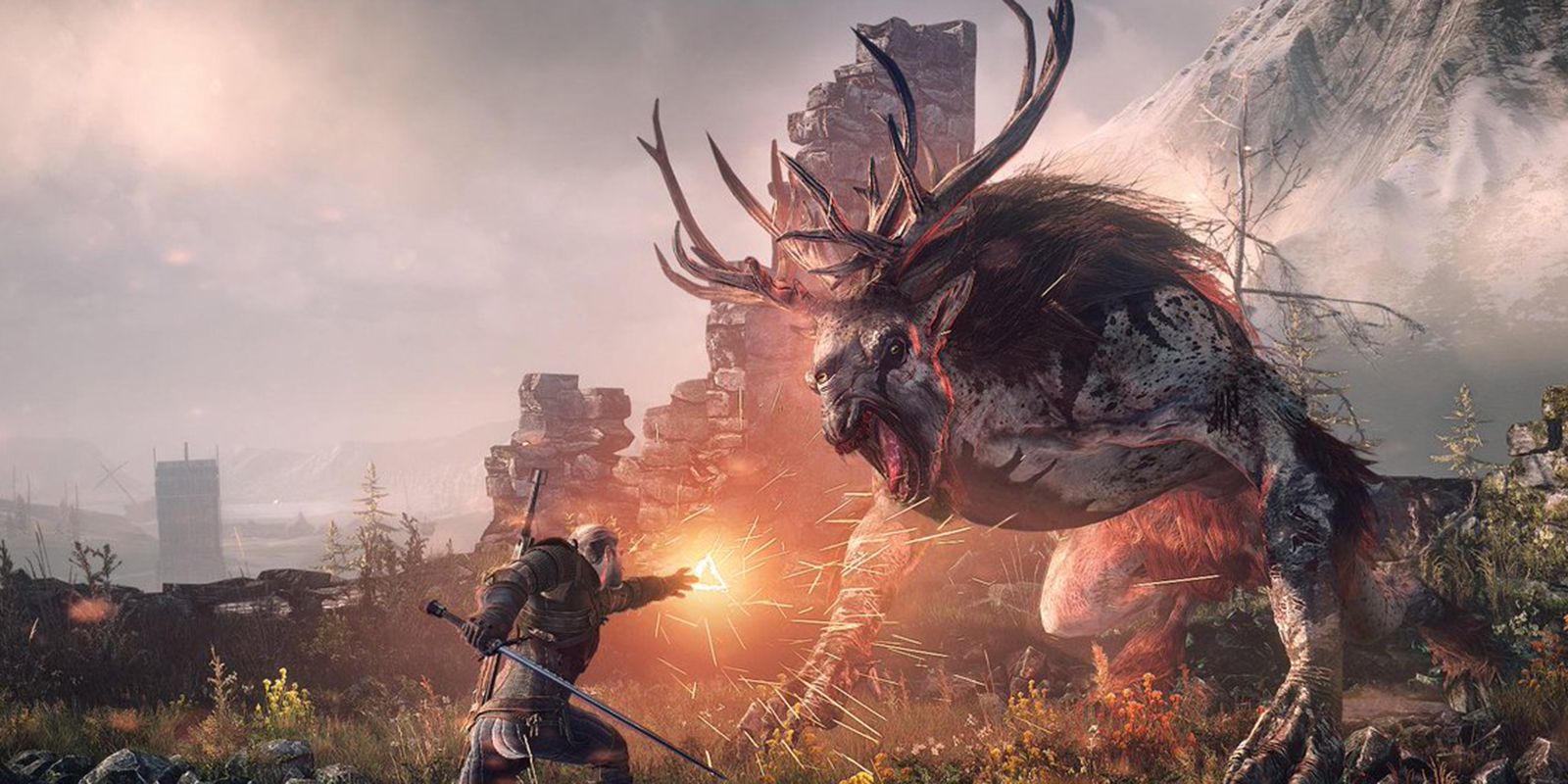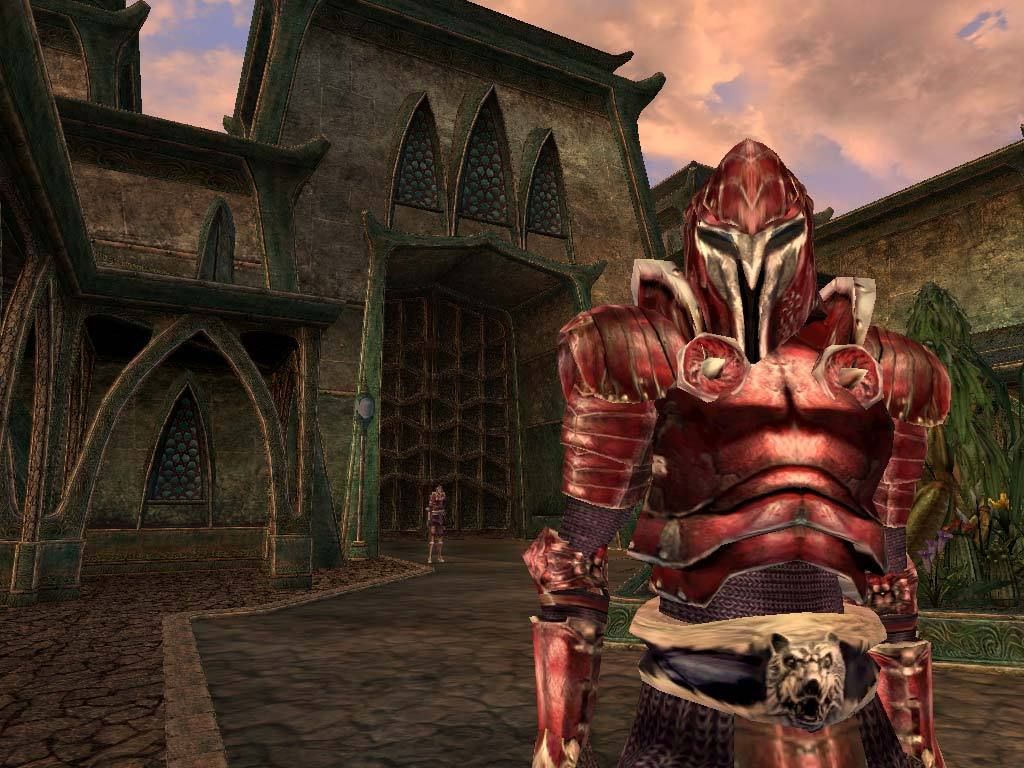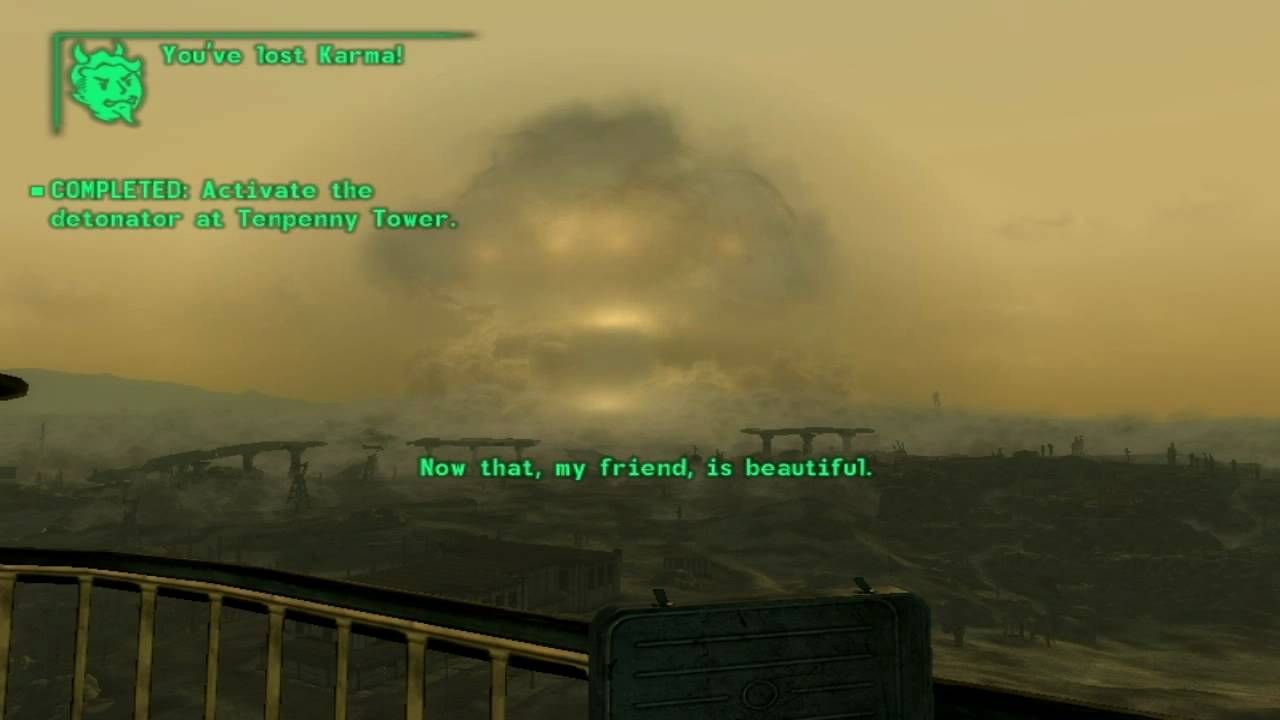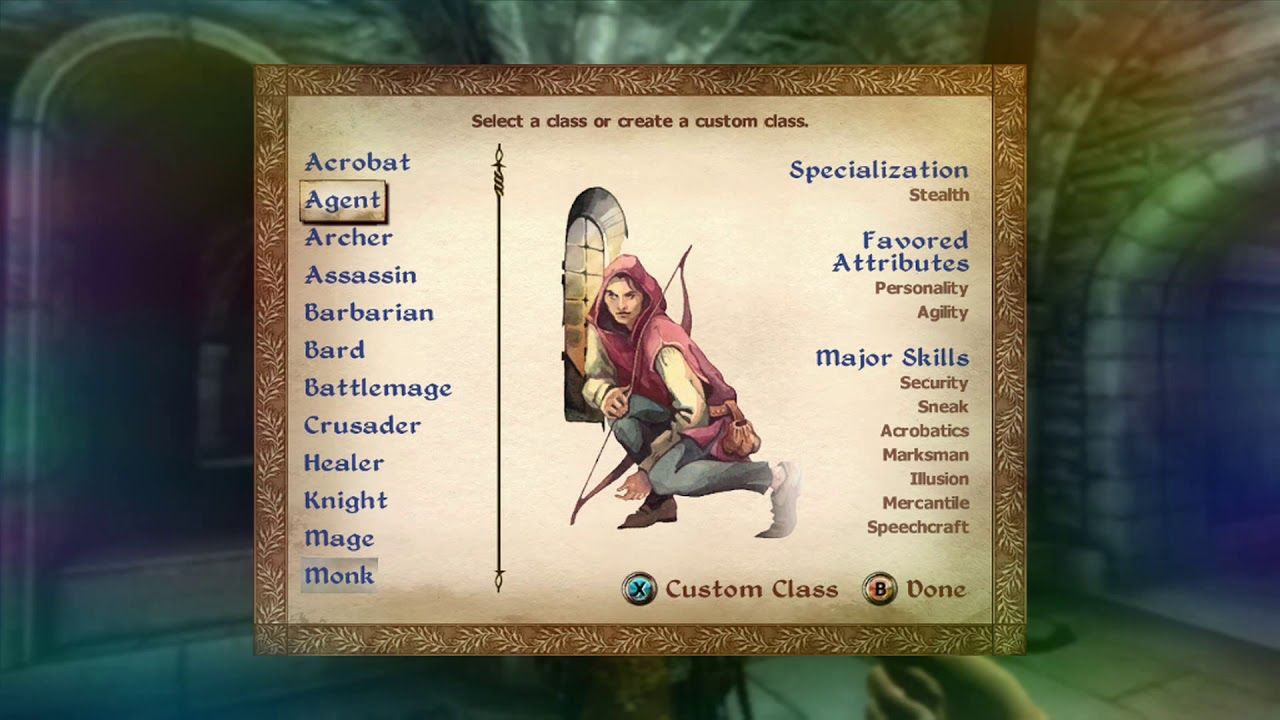Ever since Dungeons & Dragons popularized tabletop RPGs, many iterations on that style of game have been created. Tabletop RPGs aren't the only RPGs out there, however. This style of game has been replicated in video games in hundreds of unique ways.
While RPGs aren't very common in the gaming landscape today, their impact on the industry is undeniable. Companion characters, player stats and perks, and side missions can all be trailed back to this genre. Not all RPG mechanics are good, however. Some additions in this genre are better left forgotten for how clunky or unintuitive they are. Here are 5 RPG mechanics that changed the genre alongside 5 that are outdated.
10 Game-Changing: Multiple Solutions to Quests
This is a rather obvious one, but allowing players to take multiple approaches to quests and combat adds additional layers of depth and replay value.
Most games will allow the player to take an aggressive, stealthy, or diplomatic approach to most issues. You can blast your way through most problems with guns or magic, or decide that talking to people would be more engaging. Games like Mass Effect and Deus Ex have shown how dialogue can be as much fun as killing people.
9 Outdated: Chosen One Stories
You've heard it before; you are the last person to contain the needed powers to defeat an ancient foe who threatens to take over the world or universe. Stories that involve the player being the "Chosen One" right from the get-go are a boring cliché.
That isn't to say that the player character shouldn't be important. On the contrary, they should be critical to the story. Games typically take a lazy approach to this, however, and make the player character possess unique qualities from the beginning. RPGs like Morrowind found a great middle-point where the player works towards becoming the chosen one rather than being a god at the start like Skyrim does with being Dragonborn. It helps the world feel more grounded and realistic than making the player special.
8 Game-Changing: Companions
Companions were essential components to cRPG titles like Baldur's Gate not because of their stories, but as a necessity for gameplay.
Most cRPG titles start the character rather weak with few abilities. To make up for that lack of options for strategic play, most developers give the player character companions at the beginning to make combat easier. A great side-effect of this was an opportunity to flesh out the narrative, world, and feel of the game in general. This addition to RPGs is commonplace for good reason, even if the gameplay needs aren't as prevalent today.
7 Outdated: Fetch Quests
Quests that ask players to go somewhere, find something, then return to the quest giver are incredibly common in most RPGs, yet very few games manage to make them engaging.
Finding 10 pig hides and bringing them back is questionable in MMOs, so having that in a single-player RPG feels even worse. Bethesda found a way to create an AI that generates these, frequently called radiant quests. It was used well in Skyrim to give players guidance on new shouts or unique items but was used so much in Fallout 4—particularly with the Minutemen—that it has spawned thousands of memes. That isn't because it was fun; it was because they were incredibly repetitive and added nothing of value to the game.
6 Game-Changing: Perks and Abilities
One way developers have handled the power dilemma players go through early-game in most RPGs is to include special perks and abilities players can acquire.
These can range from having more beneficial dispositions to NPCs in dialogue to making enemies explode into mists of gore. While it does grant the player more power than without, it allows unique builds to be developed that wouldn't be possible otherwise. Maxing a dialogue stat might take a dozen hours normally, but a perk might accelerate that or make it easier for players to hop into that style of play. It has led to many good things for RPGs, both in terms of combat and player choice.
5 Outdated: Inconsequential Quests
Not every quest in RPGs has to have a dramatic impact on the story, but every quest should impact the world in some way, big or small.
One of the best examples of lacking quests are most of the side mission in Fable III. The game sets expectations that what you do to rise up as a King/Queen will have massive impacts on the story. Unfortunately, that was a complete lie, with no decisions impacting the final act of the game. In contrast, one of the first quests in The Witcher 3 is to help a peasant woman recover from a Griffan attack. If Geralt helps, a guard comments on her getting better much later in the game, making the quest feel impactful with only a few lines of dialogue. Quests should never feel like they belong in a bad MMO.
4 Game-Changing: Choices With Impact
Replaying certain RPGs can show an optimal way of finishing quests. In Fallout: New Vegas, for example, high investment into the Speech skill can result in an instant-win button for nearly every side quest in the game.
Games that have different experiences based on decisions are usually the best. In The Witcher 2, for example, Geralt has the choice between accompanying Roche or Iorveth near the end of the first act, impacting the entire second half of the game in terms of dialogue and encounters. There isn't a "right" option here, it is simply a choice that impacts the game differently. A similar thing was done in Knights of the Old Republic if the player character would embrace being a Jedi or Sith, impacting companion dialogue and the end of the game.
3 Outdated: Underbaked Combat
If you have played Morrowind, you know how much underbaked combat can harm the enjoyment of an RPG. Players will spend a large majority of their time fighting enemies, so undermining combat mechanics can make the game feel much worse.
In Morrowind's case, all attacks were determined by a dice roll that could be biased through skills and fatigue. Experienced players know the formula well and can circumvent most of the frustration through items and potions, but newer players won't know of such things and feel frustrated that they can't kill weak rats at level 6. The combat in Skyrim can show how a few small changes can massively improve the gameplay experience.
2 Game-Changing: Karma and Alignment Systems
Alignment systems might be the best system in any RPG. It allows the player to influence various factions and characters in the game and understand their affinity towards the player.
Some games like Fallout apply this to your character in general with a karma system. Certain characters will react differently to evil or good characters, giving an opportunity for multiple playthroughs. When extended to factions, it can make multiple playthroughs of games like Fallout New Vegas much more exciting than they otherwise would be.
1 Outdated: Classes
Dungeons & Dragons is the most well-known RPG in the world, introducing hundreds of thousands of players to the highly-engaging RPG genre. To make characters distinct, D&D has classes that align with certain playstyles.
Those with more obscure or niche playstyles, though, are out of luck. D&D solved this with multiclassing, but it doesn't allow for true build flexibility and also introduces certain balance issues. Bethesda tried something unique with Skyrim by completing removing class archetypes, and it was one of the most critically praised things about that game. Players could gravitate towards playstyles they enjoyed and slowly morph into a class of their own naturally, bypassing issues with choosing your playstyle in character creation or looking up guides online.


